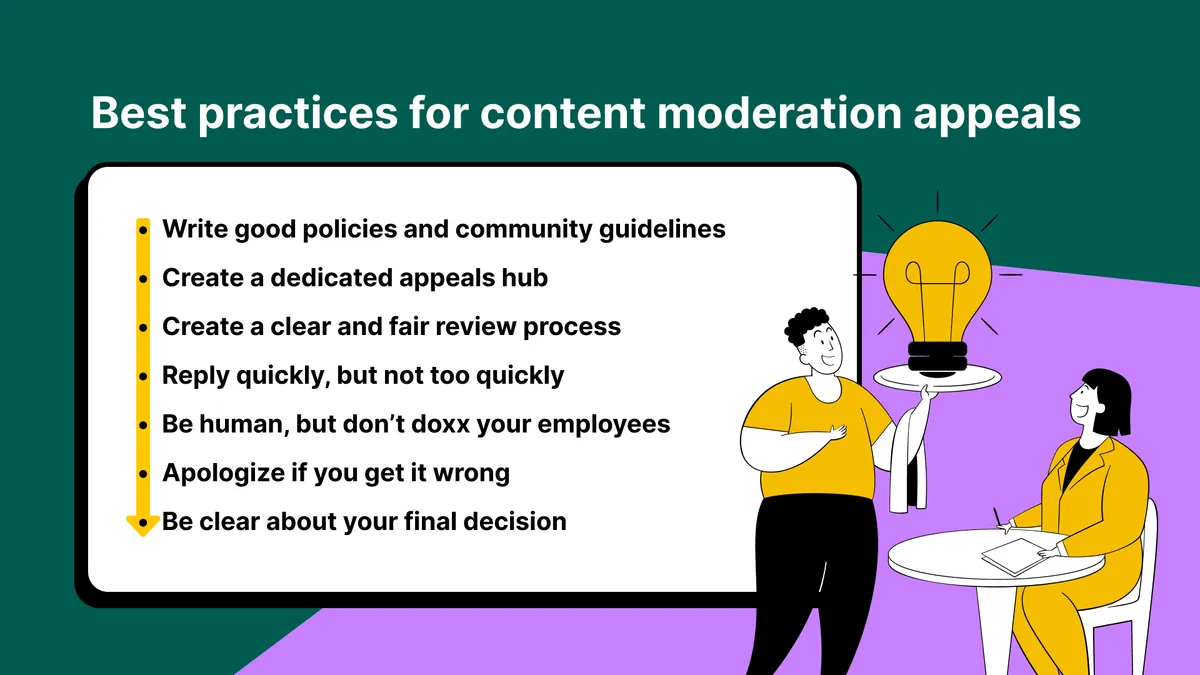In a significant development for social media users in the European Union, a new dispute resolution mechanism has been established to address content moderation issues. The Appeals Center Europe, certified by Irish regulators, will serve as an intermediary for users challenging decisions made by major platforms regarding post removals or content that potentially violates platform rules.
This initiative, announced on October 8, 2024, is part of the EU's Digital Services Act (DSA), a comprehensive set of regulations aimed at creating a safer digital environment while protecting users' fundamental rights. The DSA, which entered into force on November 16, 2022, requires tech companies and social media platforms to collaborate with dispute settlement bodies and adhere to their decisions.
Initially, the Appeals Center Europe will focus on cases involving Facebook, YouTube, and TikTok, with plans to expand to other platforms in the future. This move comes as content moderation continues to be a significant challenge for social media platforms globally, balancing the right to free speech against the need to curb online risks.
The Appeals Center Europe shares similarities with Meta's Oversight Board, established in May 2020. However, there are key differences in their operations:
- Scope: The Appeals Center will handle all cases it receives, unlike the Oversight Board's selective approach.
- Decision-making: While the Oversight Board's decisions are binding, the Appeals Center's rulings are non-binding recommendations.
- Transparency: The Appeals Center's decisions will not be publicly available, in contrast to the Oversight Board's published judgments.
Thomas Hughes, CEO of the Appeals Center Europe, explained that the body will address a wide range of issues, "from violence and incitement to hate speech to bullying and harassment." This comprehensive approach reflects the complex nature of content moderation in the digital age.
To handle the anticipated high volume of cases, the center plans to hire staff from across the EU with expertise in specific regions, languages, and policy areas. This diverse team will be crucial in addressing the nuanced cultural and linguistic aspects of content moderation disputes.
The funding model for the Appeals Center Europe is unique. Meta's Oversight Board is providing 15 million euros in startup funding, but the center will sustain its operations through fees charged to tech companies (95 euros per case) and users (5 euros per dispute, refundable if the user wins).
"It could be everything from a case that relates to a head of state all the way through to a neighborly dispute."
This new mechanism aims to provide EU citizens with a more accessible way to challenge Big Tech companies' decisions, aligning with the DSA's goal of increasing platform accountability and transparency. As the digital landscape continues to evolve, the Appeals Center Europe represents a significant step towards balancing online speech rights with the need for content moderation.
The center's establishment comes at a time when content moderation issues, such as the controversial Palestinian rallying cry "from the river to the sea" and the challenges posed by deepfake technology, have highlighted the complexities of online speech regulation. By providing a structured appeals process, the EU aims to address these challenges while respecting the diverse perspectives of its 27 member states.
As the Appeals Center Europe prepares to begin hearing cases by the end of 2024, it marks a new chapter in the ongoing dialogue between tech platforms, regulators, and users. The success of this initiative could potentially influence similar approaches in other regions, contributing to the global conversation on digital rights and responsibilities.
